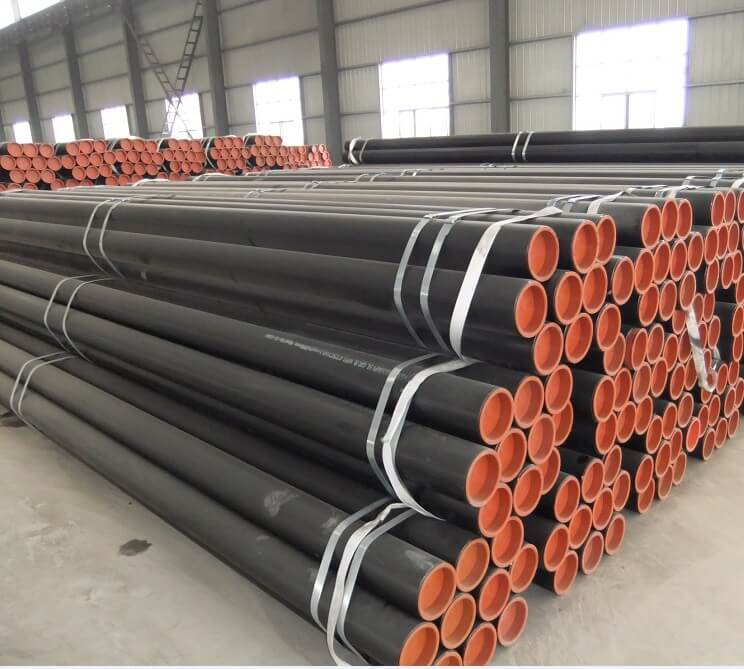-
Cangzhou Yulong Steel Co., Ltd.
-
Phone:
+86 13303177267 -
Email:
admin@ylsteelfittings.com
- English
- Arabic
- Italian
- Spanish
- Portuguese
- German
- kazakh
- Persian
- Greek
- French
- Russian
- Polish
- Thai
- Indonesian
- Vietnamese
- Zulu
- Korean
- Uzbek
- Hindi
- Serbian
- Malay
- Ukrainian
- Gujarati
- Haitian Creole
- hausa
- hawaiian
- Hebrew
- Miao
- Hungarian
- Icelandic
- igbo
- irish
- Japanese
- Javanese
- Kannada
- Khmer
- Rwandese
- Afrikaans
- Albanian
- Amharic
- Armenian
- Azerbaijani
- Basque
- Belarusian
- Bengali
- Bosnian
- Bulgarian
- Catalan
- Cebuano
- China
- China (Taiwan)
- Corsican
- Croatian
- Czech
- Danish
- Esperanto
- Estonian
- Finnish
- Frisian
- Galician
- Georgian
- Kurdish
- Kyrgyz
- Lao
- Latin
- Latvian
- Lithuanian
- Luxembourgish
- Macedonian
- Malgashi
- Malayalam
- Maltese
- Maori
- Marathi
- Mongolian
- Myanmar
- Nepali
- Norwegian
- Norwegian
- Occitan
- Pashto
- Dutch
- Punjabi
- Romanian
- Samoan
- Scottish Gaelic
- Sesotho
- Shona
- Sindhi
- Sinhala
- Slovak
- Slovenian
- Somali
- Sundanese
- Swahili
- Swedish
- Tagalog
- Tajik
- Tamil
- Tatar
- Telugu
- Turkish
- Turkmen
- Urdu
- Uighur
- Welsh
- Bantu
- Yiddish
- Yoruba

Sep . 07, 2024 02:16 Back to list
API 5L Pipe Specification – Comprehensive Guide to Standards and Applications
The API 5L specification is a crucial standard that governs the manufacture and testing of line pipe, intended for the transportation of oil and natural gas. This specification, developed by the American Petroleum Institute, is widely recognized in the industry for its comprehensive guidelines, ensuring the quality and reliability of pipes used in pipeline systems.
API 5L was first issued in 1927 and has undergone numerous revisions to adapt to the evolving needs of the petroleum and natural gas industries. The primary aim of this standard is to provide essential criteria for the design, material selection, manufacturing processes, and testing of line pipes. These requirements help guarantee that the pipes can withstand the demanding conditions encountered during transportation, such as high pressure and corrosive environments.
.
Material selection is one of the critical aspects of the API 5L specification. The pipes must be manufactured from high-quality steel, ensuring adequate resistance to factors such as corrosion, stress, and fatigue. The specification also outlines various manufacturing processes, including seamless and welded pipes. Seamless pipes are produced by extruding solid steel billets, while welded pipes are formed by rolling steel plates and welding the edges together. Both methods have their advantages, with seamless pipes often preferred for their robustness, especially in high-pressure scenarios.
api5l pipe specification

In terms of testing, API 5L mandates several quality assurance processes to ensure that the pipes meet strict safety and performance criteria. This includes non-destructive testing methods such as ultrasonic and radiographic testing, which help identify any defects that could compromise the integrity of the pipe. Additionally, the specification emphasizes the importance of hydrostatic testing, where pipes are subjected to high-pressure water to confirm their strength and leak-proof characteristics.
Moreover, API 5L is also concerned with the coating and protection of the pipes to enhance their durability against external factors. Various coatings, such as fusion-bonded epoxy or polyethylene, can be applied to inhibit corrosion and prolong the service life of the pipe.
In conclusion, the API 5L specification plays a vital role in the oil and gas industry by ensuring that line pipes meet rigorous safety, quality, and performance standards. By adhering to these specifications, manufacturers can produce reliable and efficient pipes that are essential for the safe transportation of natural resources worldwide. As the energy sector continues to evolve, the API 5L standard will undoubtedly remain a key reference point for pipeline integrity and performance.
Latest news
-
ANSI 150P SS304 SO FLANGE
NewsFeb.14,2025
-
ASTM A333GR6 STEEL PIPE
NewsJan.20,2025
-
ANSI B16.5 WELDING NECK FLANGE
NewsJan.15,2026
-
ANSI B16.5 SLIP-ON FLANGE
NewsApr.19,2024
-
SABS 1123 FLANGE
NewsJan.15,2025
-
DIN86044 PLATE FLANGE
NewsApr.19,2024
-
DIN2527 BLIND FLANGE
NewsApr.12,2024
-
JIS B2311 Butt-Welding Fittings LR/SR 45°/90° /180°Seamless/Weld
NewsApr.23,2024











